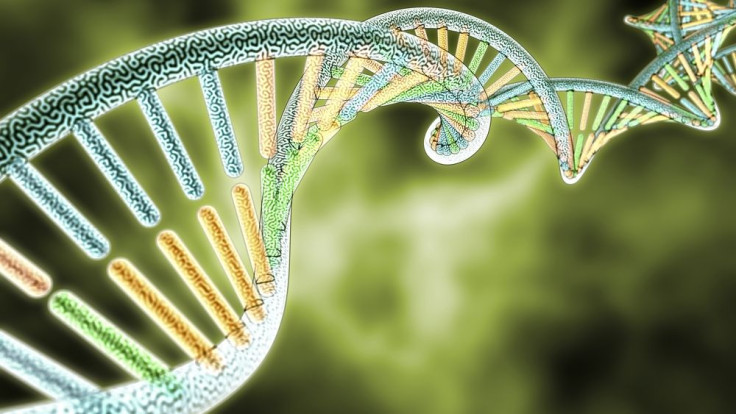Predictive Medicine Uses Genome Sequencing To Forecast Illness Before It Happens

What if doctors searched the genes of healthy people for sickness and disease before it even happened? Essentially, that’s what a group of researchers at the National Institutes of Health are doing in a new ClinSeq study. After sequencing the genomes of nearly 1,000 healthy volunteers, the research team discovered that some of the volunteers had DNA mutations that were indicative of an increased risk for rare illnesses.
But here's the surprise: Next, the researchers provided a customized work-up for these 100 or so people with problematic mutations, and nearly half had the illness forecast by their genes.
Importantly, these findings indicate that three percent or more of Americans may have a genetic condition. This compares to previous estimates of less than 0.02 percent.
This new method of looking for illness in a person after studying their genes is called iterative phenotyping. To parse this, iterative refers to repetition often in a cyclical nature, while phenotype refers to a person's characteristics resulting from interaction with the environment. In other words, this method requires a flow of genetic and other data back and forth, among individuals and whole families.
Iterative Phenotyping
With each volunteer, the researchers sifted through more than 100,000 gene mutations, explained Dr. Leslie G. Biesecker, principal investigator of the study and chief of the Medical Genomics and Metabolic Genetics Branch at the National Human Genome Research Institute. Yet many gene variations are harmless. For this reason, the research team studied only the potentially dangerous mutations found in about 100 of the volunteers.
Still, having a possibly harmful mutation did not always lead to what might be expected. Indeed, 20 of the 79 participants with a seemingly dangerous DNA variation didn’t know they might have a genetic condition, despite the fact they were experiencing some slight physical change. In other words, their condition was so mild they had never bothered to get a diagnosis.
Though it may seem unnecessary to identify a mild disease in a person unbothered by their own slight symptoms, the same mutation may run in their family and affect others in a more severe way. For this reason, it can be a good thing to isolate a rare mutation.
Based on the study results, the researchers say the prevalence of genetic conditions have been underestimated in the past. Because only those who are severely affected, many people have never been diagnosed and counted. The new research indicates, then, that nearly nine million Americans, roughly the population of New Jersey, may be living with some form of genetic condition.
The video below explains more about the ClinSeq study, which continues to search for healthy volunteers within the Baltimore/Washington D.C. area.



























